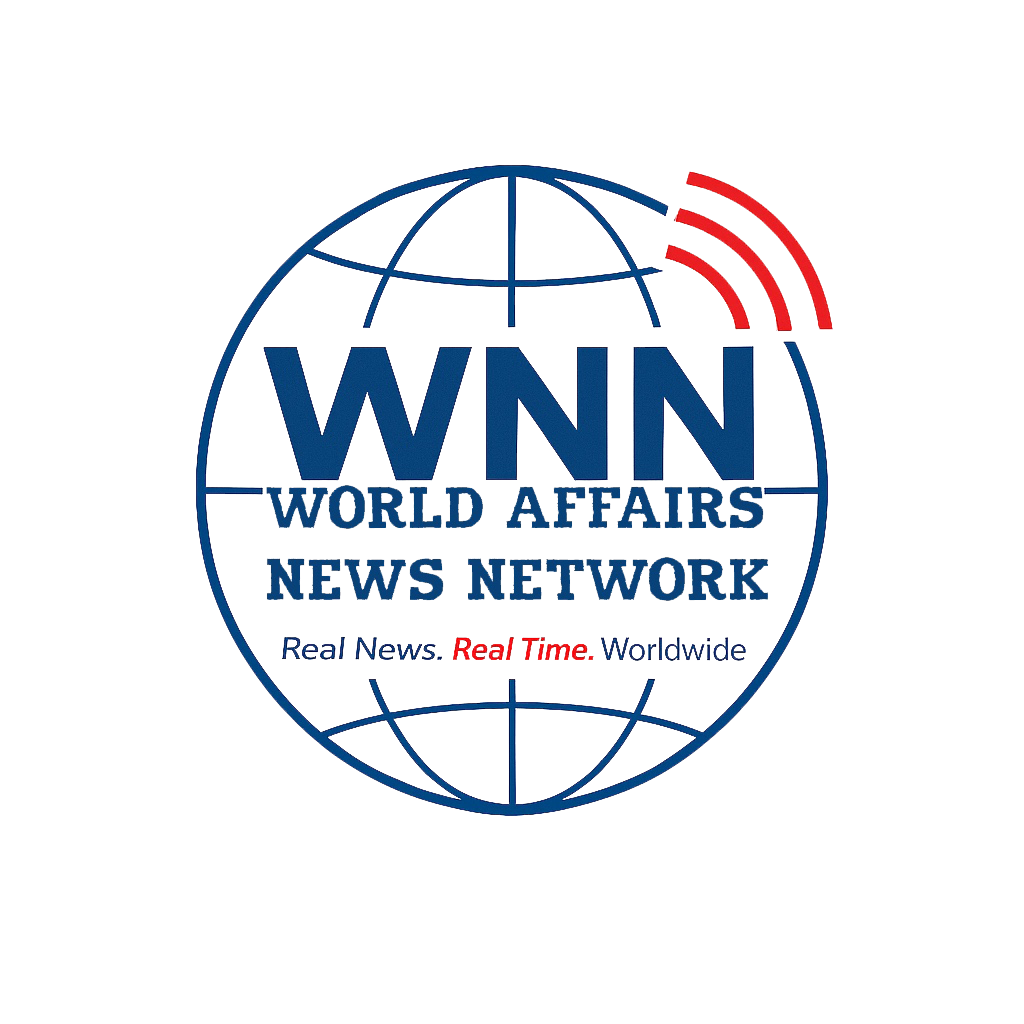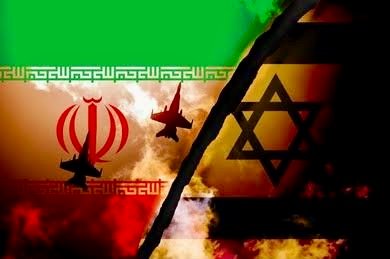GENEVA/ ISTANBUL/NEW DELHI: A dangerous new era is dawning in West Asia. The escalating conflict between Iran and Israel has not only triggered urgent diplomatic moves across Europe and the Islamic world, but also revealed how divided and inadequate global diplomacy has become. Emergency meetings in Geneva and Istanbul underscored a bitter reality: world powers remain unable—or unwilling—to stop the region from sliding into a wider war. Amid the chaos, the old geopolitical order is crumbling, and a new multipolar balance is taking shape—one defined not by consensus, but by confrontation.
In Geneva, the European troika—France, Germany, and the UK—met with Iranian Foreign Minister Abbas Araghchi in an attempt to salvage nuclear diplomacy and contain the fallout from Israel’s aggressive campaign. Backed discreetly by the European Union, the E3 aimed to restart dialogue within the framework of the 2015 Iran nuclear deal, even as bombs continued to fall. But Iran’s message was blunt: no negotiations while Israeli strikes continue. “Diplomacy requires peace as a precondition, not a postscript,” Araghchi declared.
European leaders recognized Iran’s conditional openness, but warned that the window for dialogue is closing fast. British Foreign Secretary David Lammy described the moment as a “narrow corridor between war and diplomacy.” France’s Jean-Noël Barrot noted that without Israeli restraint, any diplomatic track would remain symbolic. A potential workaround discussed was a parallel negotiation channel—excluding Israel and the U.S.—focused on enrichment limits and phased sanctions relief. But with Israel showing no signs of backing down and Washington sitting on the fence, the plan lacked traction.
The U.S. position remains vague and volatile. President Donald Trump has said he will announce within two weeks whether the U.S. will join Israel’s military campaign. While Secretary of State Marco Rubio was briefed on the Geneva talks, Washington chose not to directly engage. This hesitation has further strained Europe’s efforts and undermined its influence in Tehran. Should the U.S. decide to intervene militarily, it could both escalate the conflict and extinguish the last flickers of diplomacy.
Meanwhile, a far more assertive tone emerged from Istanbul, where Turkish President Recep Tayyip Erdoğan hosted an emergency summit of the Organisation of Islamic Cooperation (OIC). With 42 member states represented, including Saudi Arabia, Iraq, Qatar, and Pakistan, the summit unanimously condemned Israel’s strikes on Iran as violations of sovereignty and international law. Erdoğan positioned Turkey as a regional peacemaker, warning, “We will not allow Middle Eastern borders to be redrawn in blood.”
Iran seized the moment to shift the international narrative from nuclear threat to sovereign defense. Araghchi, welcomed with full diplomatic honors, met with key OIC ministers. Iraq’s Fuad Hussein called for an immediate ceasefire and warned of destabilization in Lebanon and Syria. Jordan’s Ayman Safadi raised alarms about possible U.S. military involvement, saying it would “globalize a regional war.” Yet despite powerful rhetoric and symbolic unity, the OIC fell short of delivering a concrete roadmap or enforcement mechanisms to stop the conflict.
The summit’s outcome was more political than practical—but it marked a turning point. As Gulf nations like Qatar and Turkey carve out independent foreign policies, the traditional U.S.-centric security architecture in West Asia is unraveling. Even Saudi Arabia, long seen as Washington’s anchor in the region, is now treading carefully—caught between growing public pressure and cautious diplomacy.
The war is also reshaping strategic alignments. Iran is deepening ties with China and Russia, while Israel remains embedded in a fractured Western alliance. Turkey is increasingly positioning itself as a neutral mediator, while Gulf states explore backchannel diplomacy to avoid direct entanglement. The Abraham Accords, once hailed as a regional breakthrough, now face growing backlash in signatory states like the UAE and Bahrain, where citizens question silent complicity with Israeli actions.
As diplomacy falters, markets have begun to tremble. Oil prices surged this week, with Brent crude rising 18% to $79.04 per barrel and U.S. crude up 10%, driven by fears of a disruption in the Strait of Hormuz—a lifeline for 20% of global oil supply. Oxford Economics warned that if the waterway is closed or Iranian exports disrupted, prices could soar above $130 per barrel, driving U.S. inflation to 6% and unleashing a wave of stagflation.
Investor confidence remains fragile. While the S&P 500 has held steady, analysts warn this may be temporary. “The market hasn’t fully priced in a regional war or direct U.S. engagement,” said Art Hogan of B Riley Wealth. “When that happens, corrections will be sharp and swift.” The dollar has also gained modestly as a safe haven, but analysts caution that long-term U.S. military entanglement could reverse that trend. Thierry Wizman of Macquarie Group noted that “like after 9/11, prolonged war could eventually erode dollar strength.”
Meanwhile, the human cost is mounting rapidly. Iranian authorities report that more than 400 people—many of them women and children—have been killed since the beginning of Israeli strikes on June 13, with nearly 1,800 injured. Civilian infrastructure in cities like Shiraz and Isfahan lies in ruins, and hospitals are overwhelmed. Tehran accuses Israel of war crimes; Israel maintains it is targeting nuclear and ballistic infrastructure to preempt a threat.
Prime Minister Benjamin Netanyahu has dismissed all calls for restraint. “Iran’s nuclear threat will be neutralized—diplomatically or militarily,” he said shortly after the Geneva talks ended, undercutting European efforts and reinforcing the perception that Israel’s strategy is escalation without end.
As the region hurtles toward a wider conflagration, the conflict is redefining the rules of engagement and accelerating the decline of Western dominance in West Asia. A multipolar order is emerging—one shaped by regional assertiveness, strategic autonomy, and shifting alliances. What happens next may determine not only the outcome of nuclear diplomacy, but the future architecture of global power itself.
The clock is ticking. The region is rebalancing. And the world is watching—with bated breath!
–Dr. Shahid Siddiqui, Follow him on X @shahidsiddiqui.
WATCH, LIKE & SUBSCRIBE CHANNEL:





















